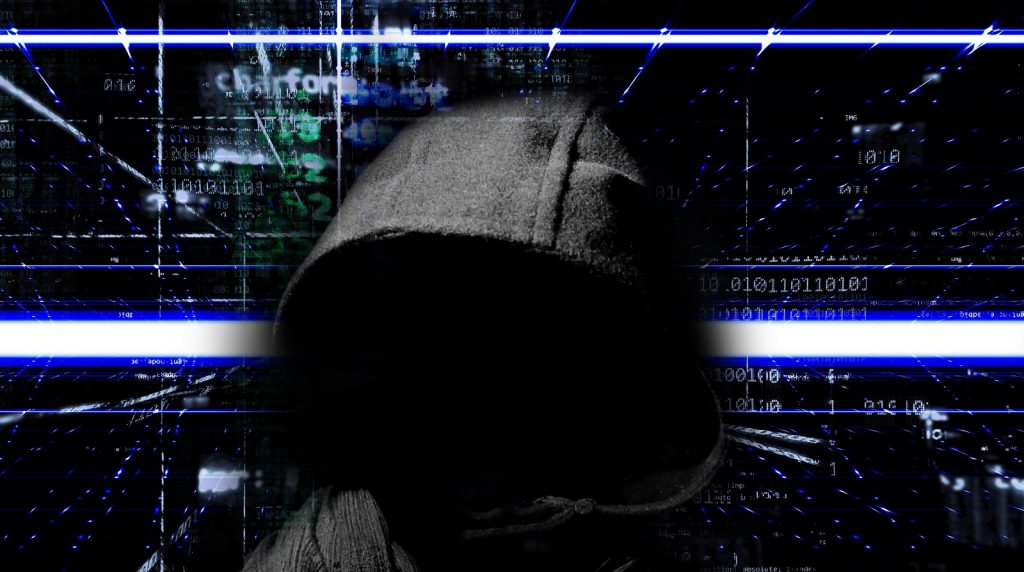With powerful hardware working together with an industry-leading camera system and intuitive AI experiences, everyday tasks have never been easier and faster
42% of South Africans pay ransomware demands – study

A new study conducted by Kaspersky shows that 42% of South Africans hit with ransomware paid up to get their data back.
Ransomware is a form of computer malware. A person’s data is held hostage through encryption until the target pays a ransom.
The study was titled ‘Consumer appetite versus action: The state of data privacy amid growing digital dependency‘. A total of 15 000 users worldwide took part in the study.
A costly virus
The study showed that 42% of South Africans surveyed who were hit with a ransomware attack paid the ransom. This is even though, for 19% of those cases, paying the ransom did not guarantee the return of stolen data.
In terms of ransom amounts, 36% of people who paid lost less than $100 (R1 490).
Meanwhile, 31% lost between $100 and $249 (R1 490 to R3 710), and 19% lost between $250 and $1999 (R3 710 to R29 750).
Regardless of whether they paid or not, 24% of ransomware victims were able to regain access to their files, according to the study. It also found that 61% of users lost some of their data and 29% lost a few files. And 32% of users lost a significant amount.
A total of 11% of ransomware victims lost their data entirely.
“This data shows we have seen a significant proportion of consumers paying a ransom for their data over the past 12 months,” said Kaspersky’s Head of Consumer Product Marketing, Marina Titova.
“But handing over money doesn’t guarantee the return of data, and only encourages cybercriminals to continue the practice.”
What should I do if I’m hit with ransomware?
Kaspersky recommends that users become more aware of ransomware to protect themselves.
The company also said victims should not pay the ransom as it can encourage hackers to continue the practice. Instead, victims should contact law enforcement agencies.
If you are hit with ransomware, try and find out the name of the virus that was used. This will help cybersecurity experts decrypt it and help retrieve your data.
A useful tip is to not click on links or open attachments in spam emails. You should also not click any links on websites you’re unfamiliar with, or insert unknown storage devices such as USB flash drives into your computer.
Regularly backing up your data on a remote device or cloud storage is also a good way to protect your data. This makes sure that there is a safe backup of your data that is not connected to your main network and device if you are hit with ransomware.
Kaspersky also has a site listing free anti-ransomware tools including decryptors and ransomware removal tools.
Feature image: Pixabay/TheDigitalArtist
Read more: 1 in 5 South Africans give apps access to webcams, microphones – survey


